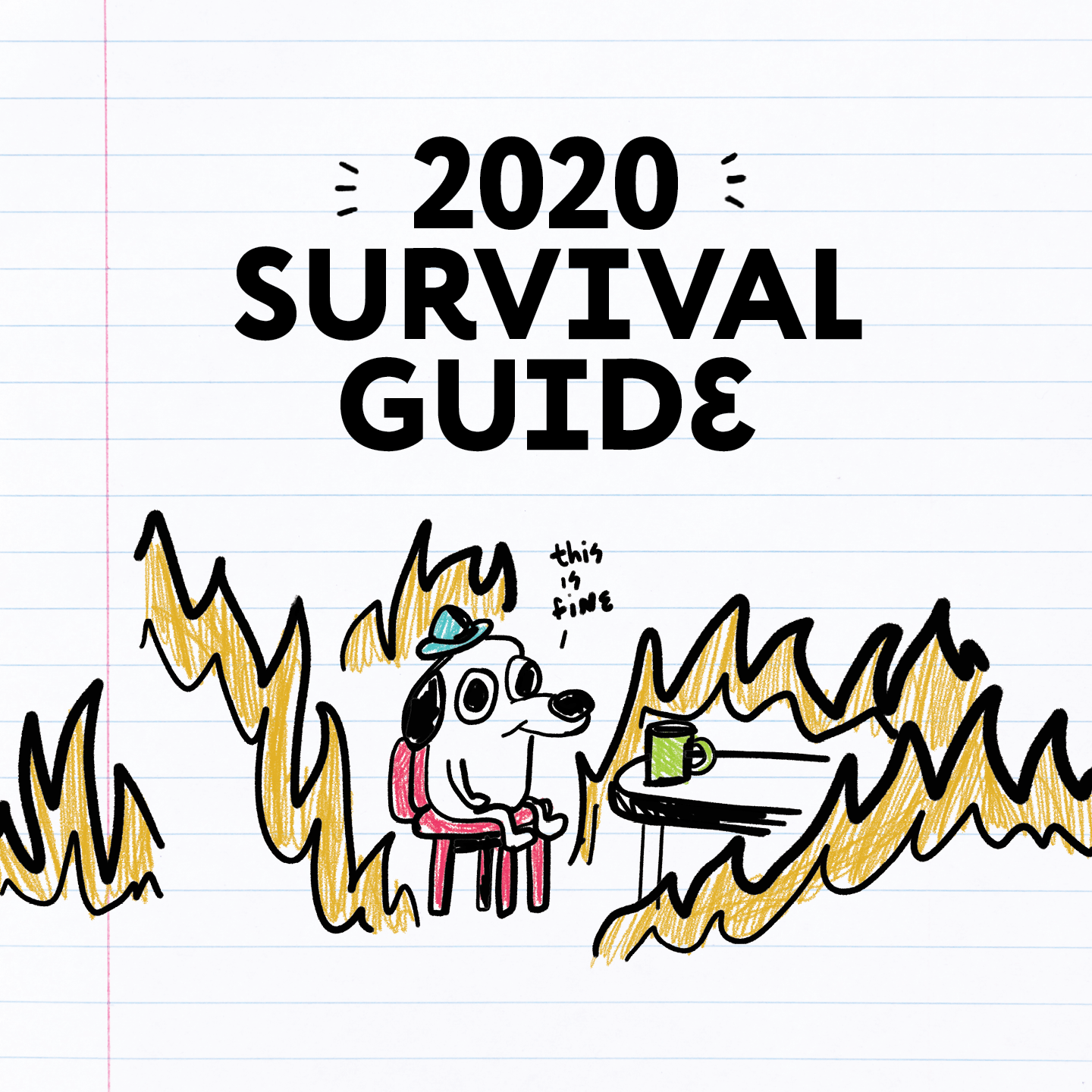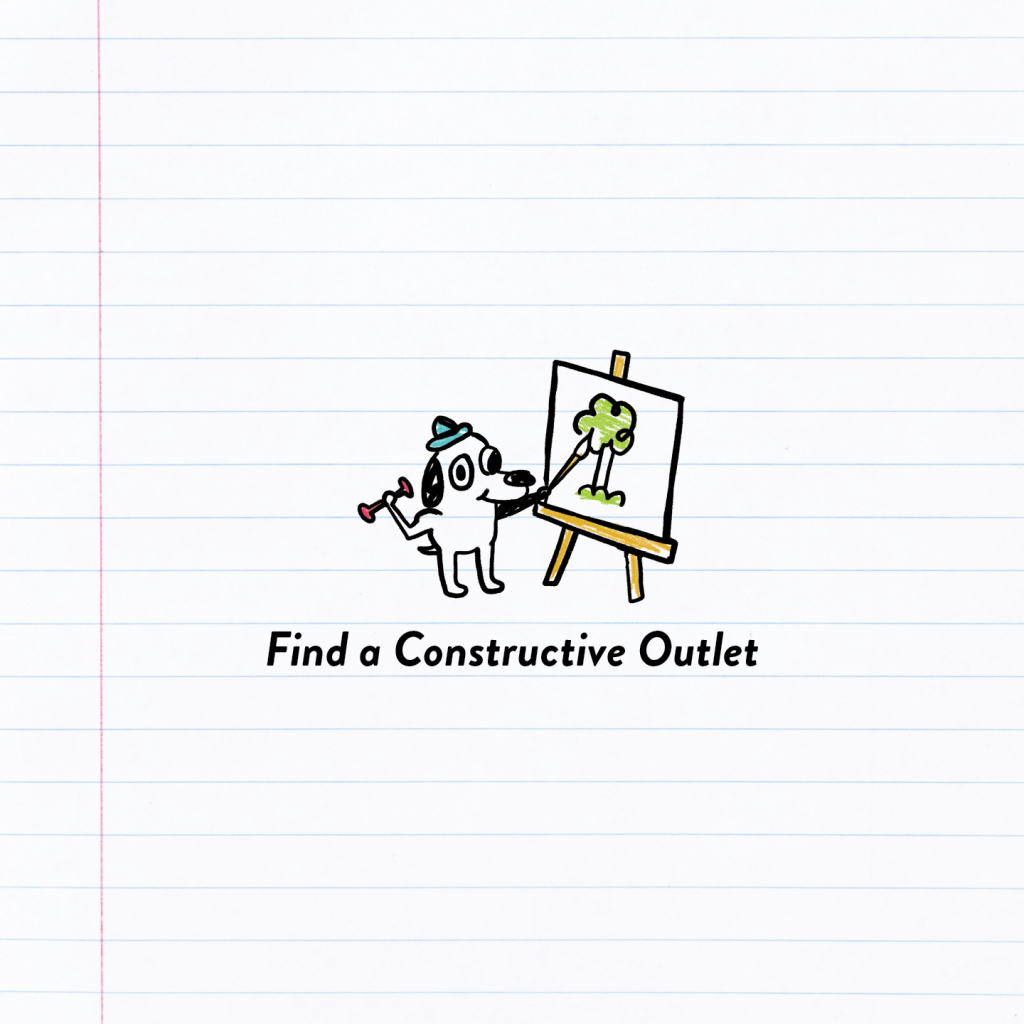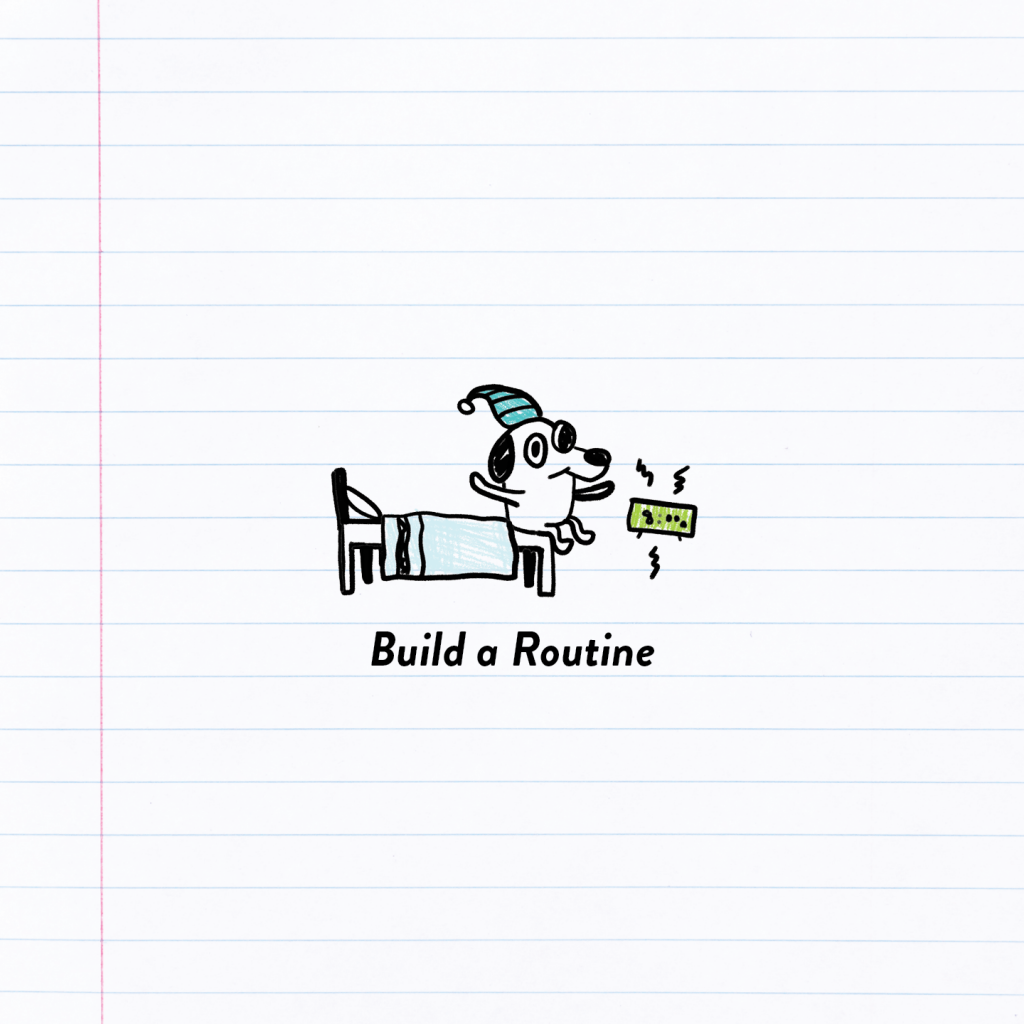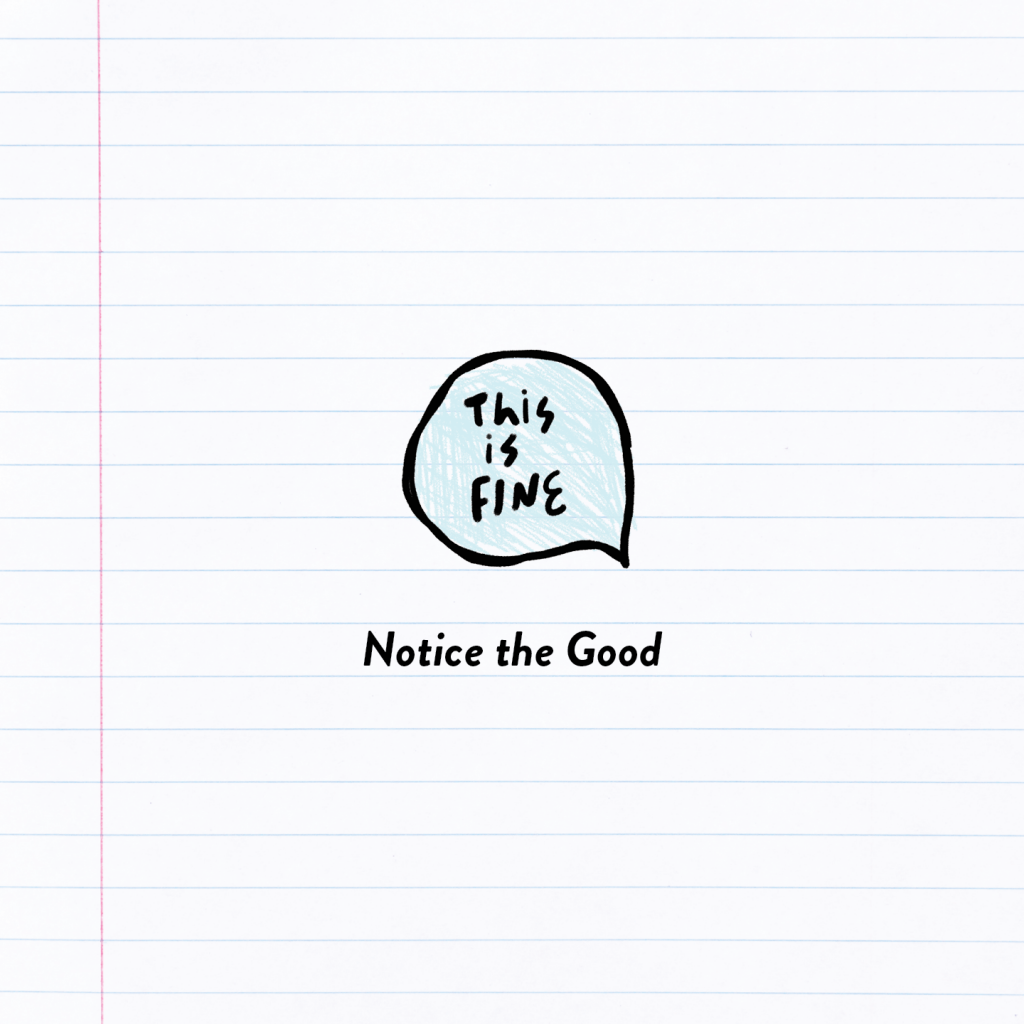Survival Guide to 2020: How to stay sane during the craziest year ever

So far, 2020 has been one for the history books, and not everyone is equipped to live in such tumultuous times. Between a global pandemic, months of isolation in quarantine, national protests, and political turmoil, many are experiencing sky-high feelings of anxiety and depression. Luckily, there are mental health professionals ready to lend a helping hand.
Ken Yeager, director of the Stress, Trauma and Resilience program at Ohio State’s Wexner Medical Center has spent 35 years providing mental health treatment with a special focus on helping people build resilience to stress. While the program often treats patients who have experienced violent events, the unique circumstances we are experiencing in 2020 can also cause trauma, according to Yeager.
Keep reading for some of his tips on mental health management during challenging times.

1. Limit Screen Time
Yeager cites the endless stream of information delivered by our smart phones and other electronic devices as one of the primary sources of stress for an isolated individual. This rapid-fire intake of news leads people to become reactionary and lose control of their own feelings. “Sometimes you have to turn off,” he said. “You have to slow down to keep up.”
When we aren’t panicking about COVID-19 statistics or tweets from elected officials, Yeager says we are often seeking a distraction from these stressors in the form of on-screen entertainment. Practicing mindfulness, or the appreciation of the present moment, is an essential method of processing stress and information overload, and it’s not possible to do so during a five-hour binge of true crime documentaries.

2. Find a Constructive Outlet
So now that you’ve put away your screens, what should you do with all your new free time? Yeager recommends picking up a hobby, citing artistic endeavors, enjoying the outdoors, and exercising as a boon to mental health. He says he is amazed at the number of people out exercising and enjoying the outdoors. The health benefits — mental and physical — are tough to overstate. Whether playing an instrument, painting, knitting, or cooking, anything that gets your creative juices flowing and roots you in the moment works to combat stress.

3. Build Momentum on a Foundation of Routine
Although a new hobby and a daily jog have proven benefits, many of us are struggling to find the motivation to begin making healthy changes in an era of unprecedented disruption. Yeager has some ideas about that as well, and it’s a simple matter of physics. “A body at rest remains at rest. A body in motion remains in motion,” he said.
Yeager recommends keeping a consistent routine to get moving again: get up at the same time each morning, get fully dressed (even if you’re working from home), and set specific, achievable goals for the day. Blocking out half an hour to do the dishes or clean out an old junk drawer can create a sense of purpose and accomplishment on which further motivation can be built.

4. Notice the Good
All of Yeager’s advice stems from one central practice: making the most of what is right in front of you. “You are hardwired to see the negative,” he said. “That’s a survival mechanism.” Most people’s first instinct is to avoid or control negative situations. It takes training to begin to see the positive instead, and it doesn’t happen by accident. He suggests creating a list each day of at least three good things that happened, or writing a letter to someone who has had a positive impact on you. Practicing empathy and communication with the people around you (be they roommates, family, or strangers at the grocery store) can also be immensely beneficial to your own mental state.
“It is not until you engage in the simple act of kindness that you get the reward of being compassionate,” Yeager said.
BROUGHT TO YOU BY




